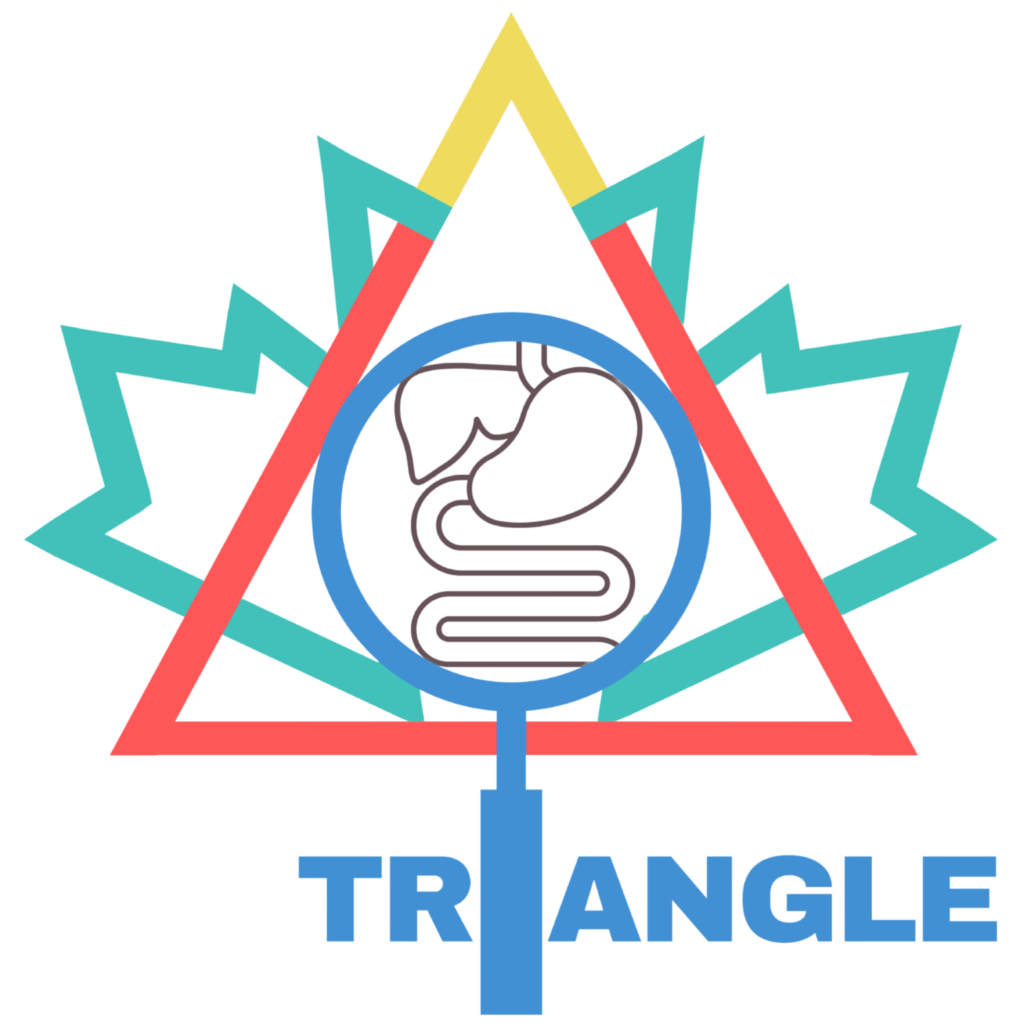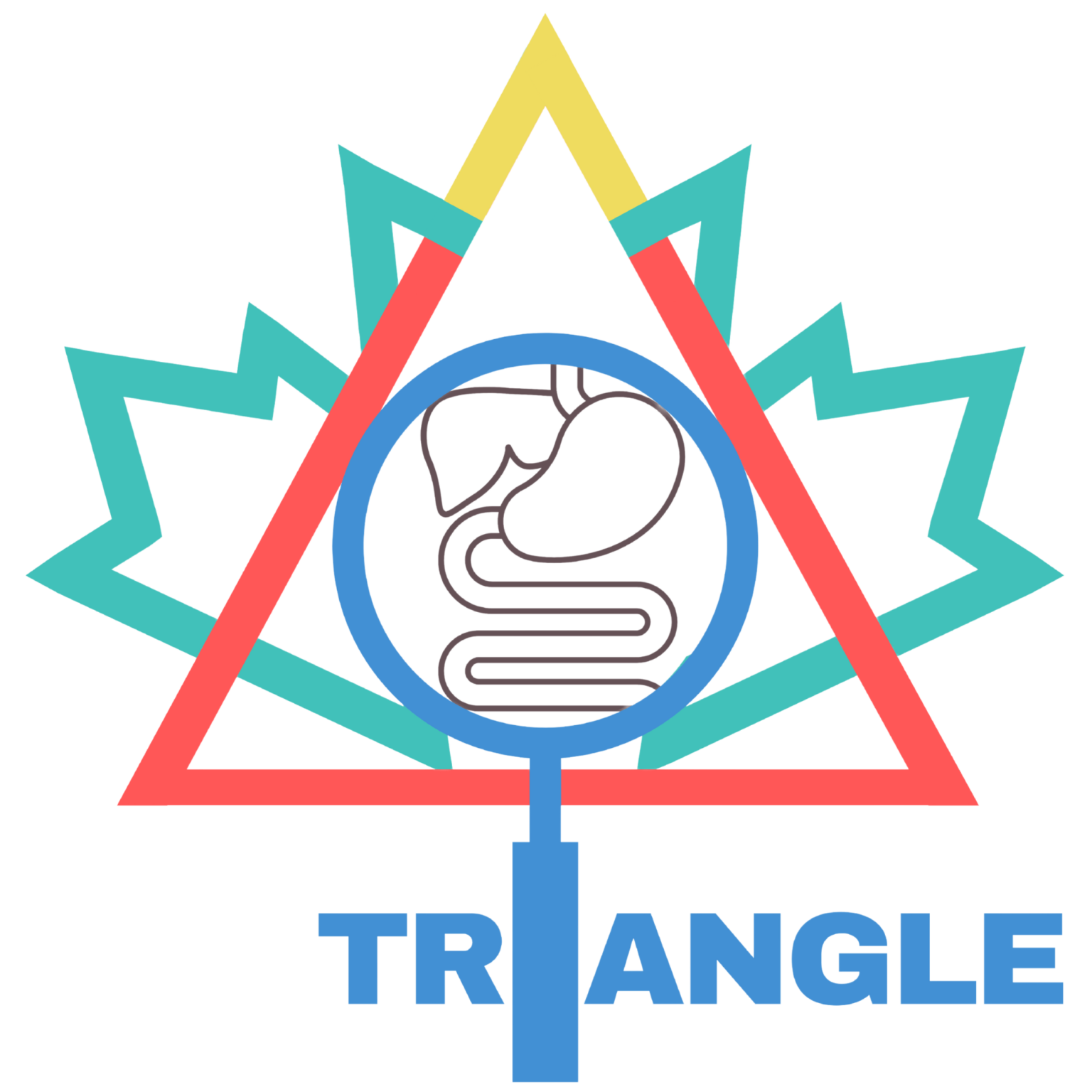| CATEGORY |
POINTS |
| RESEARCH, CLINICAL, AND/OR ACADEMIC ACHIEVEMENTS |
20 POINTS |
|
Reviewers will holistically assess the contributions noted in your CCV and your Research, Academic and/or Clinical Contributions statement. These include:
- grants and awards
- scholarships, fellowships, and awards
- contributions as a health professional to patient care, policy, practice
- inventions or patents
- publications aimed at scholarly readers or the public
- presentations at academic conferences, to school or special interest groups
- other scientific outreach activities
- Supervision and mentorship of research and/or clinical trainees
Reviewers will carefully consider any contexts noted in the personal statement section of the application that have impacted the number, nature, or timing of your research and/or clinical contributions.
|
|
| COMMUNITY CONTRIBUTIONS |
20 POINTS |
| Social conscience: Your community contributions demonstrate a sense of citizenship and care for the community/communities to which you belong and suggest that you’ll be a caring and contributing member of the TRIANGLE and broader GI/liver communities. |
10 points |
| Personal Characteristics: Your contributions demonstrate positive personal characteristics (e.g. leadership, service, determination, care for others, sense of justice, etc.) that indicate you will be a positive addition to the TRIANGLE community and the GI/liver field. You effectively articulate how your community contributions, as highlighted in the Community Contributions statement, connect to and have prepared you to move forward with your research and/or career plans. |
10 points |
| CAREER AND DEVELOPMENT PLANS |
20 POINTS |
Career and Development Plan: Your plan effectively articulates why and how membership in TRIANGLE and access to TRIANGLE supports will help you achieve your research and career goals
- You do not need to know what career or industry you’re aiming for
- Reviewers want to understand what you want to contribute or improve as someone trained in GI/liver research and/or practice, but you don’t need to know yet specifically where or how you’ll do that
- TRIANGLE programming and supports include many opportunities for career and personal exploration, so your career and development plan can and should involve exploring career options via:
- Career exploration workshops and activities (including the annual IDP creation and review with your mentor)
- Personal exploration workshops and activities (including the annual IDP creation and review with your mentor)
- Networking and mentorship with professionals in business, government, non-profit, or research
- Experiential learning placements in business, government, non-profit, or research
- Other activities that you’d like to propose and/or lead as a TRIANGLE member
|
10 points |
| Research and/or Clinical Contributions Statement: You effectively articulate how your research and/or clinical contributions, highlighted in the Research and/or Clinical Contributions statement, connect to and have prepared you to move forward with your research and/or career plans. |
10 points |
| RESEARCH PLAN |
20 POINTS |
Scientific quality of the plan: You effectively articulate, for a non-specialist audience that includes researchers, health practitioners, and patients:
- the relevance, significance, and potential impact of your project
- the novelty of your project, i.e. the gap in knowledge that you’re proposing to fill and the necessity of filling it, any novel methods/approaches/tools you’ll be using
- a compelling hypothesis
- clear aims
- the measures you’re taking to ensure a high-quality study (e.g. selection of methods, adequate population size to ensure statistical significance, controlling for confounding factors, carefully considering sex/gender, research ethics (including working with Indigenous patients and participants
- how you’re going to share your research findings
|
10 points |
Feasibility: You effectively articulate:
- how your research and/or clinical experience to date will help you be successful with this project
- any published or preliminary data you’ve already collected
- any training or collaborations you are currently, or are planning to, pursue to fill any skill or knowledge gaps
- monetary and non-monetary resources, equipment, core facilities, funding, training, professional development
|
10 points |
| EDI STATEMENT |
10 POINTS |
| Quality of the statement: You effectively describe how you will contribute to the development of a diverse and inclusive TRIANGLE community through your teaching, research, supervision, mentorship, and/or service. You articulate what steps you have taken (through training, mentorship, personal reflection, etc.) to develop your knowledge and skills related to EDI. |
10 points |
| INSTITUTIONAL LETTER |
10 POINTS |
| Institutional research support: The proposed project clearly aligns with institutional priorities and strengths, and the institution clearly articulates resources and supports available for the project. |
4 points |
| Institutional career development support: The institution understands and has a plan for their role in ensuring the success of the applicant and their project via training, support (e.g., high-quality trainees, administrative support, start-up funding), resources (e.g., core facilities, grant administration and development, IT), training, etc.
The Institution confirms 50% of protected time for research
|
4 points |
| Commitment to TRIANGLE: The institution supports the candidate to fully participate in the TRIANGLE program and in professional development activities offered at or outside the institution, including experiential learning placements, leadership retreats, and attendance at the TRIANGLE annual summit at CDDW-CLM. Additionally, the institution commits to supporting the ECR’s participation in TRIANGLE as a faculty mentor and contributor, including via the hiring, supervision, and provision of matching funds for TRIANGLE-funded students and fellows. |
2 points |


